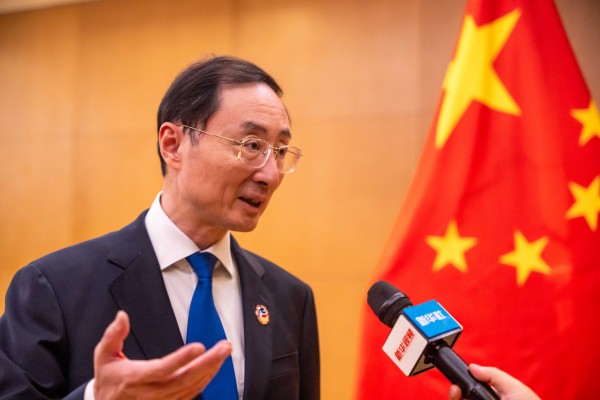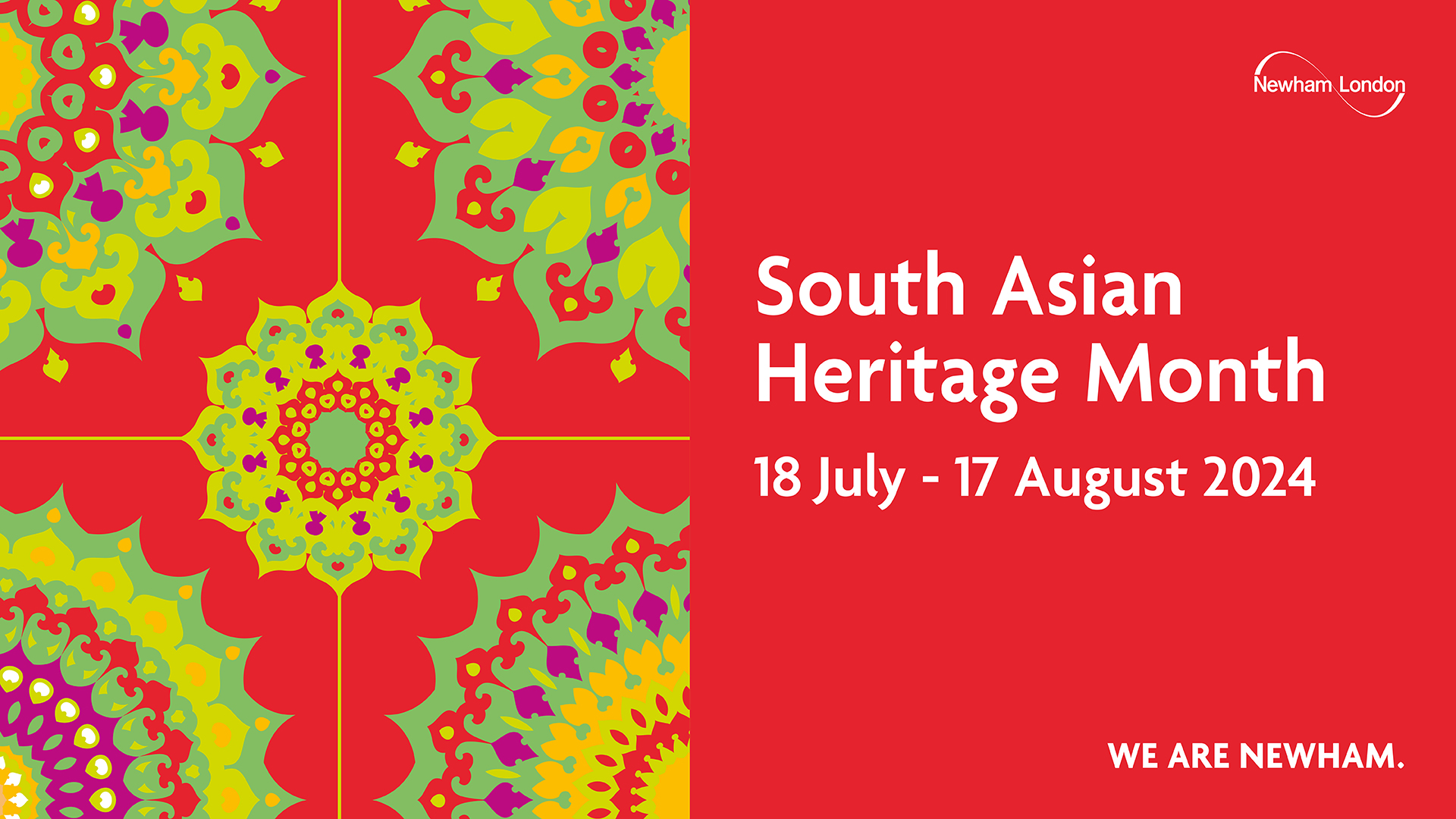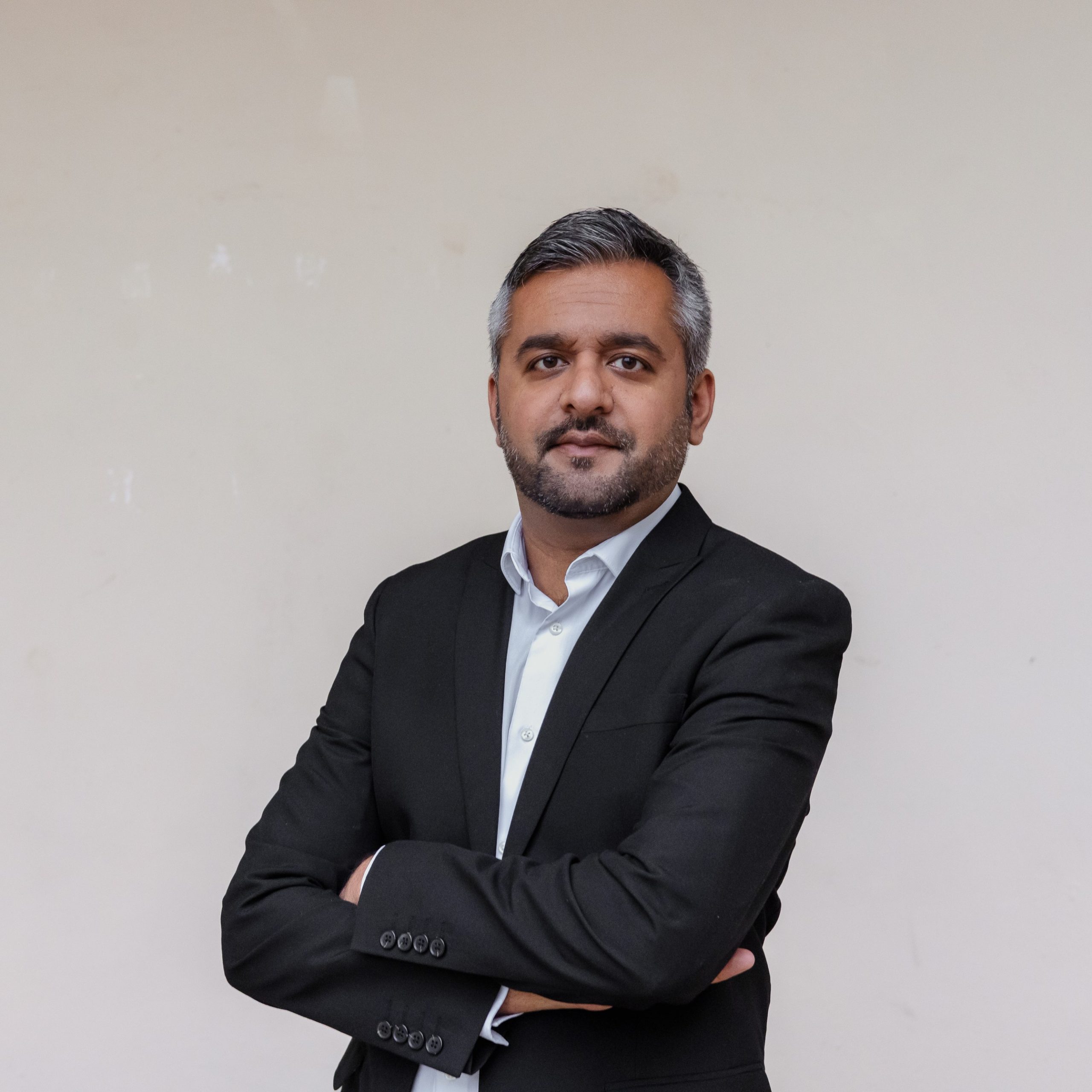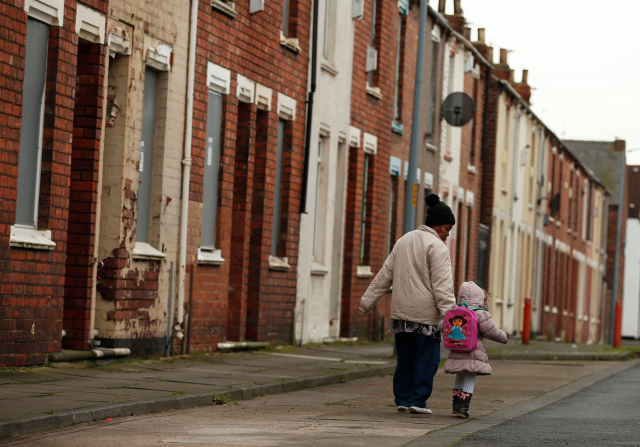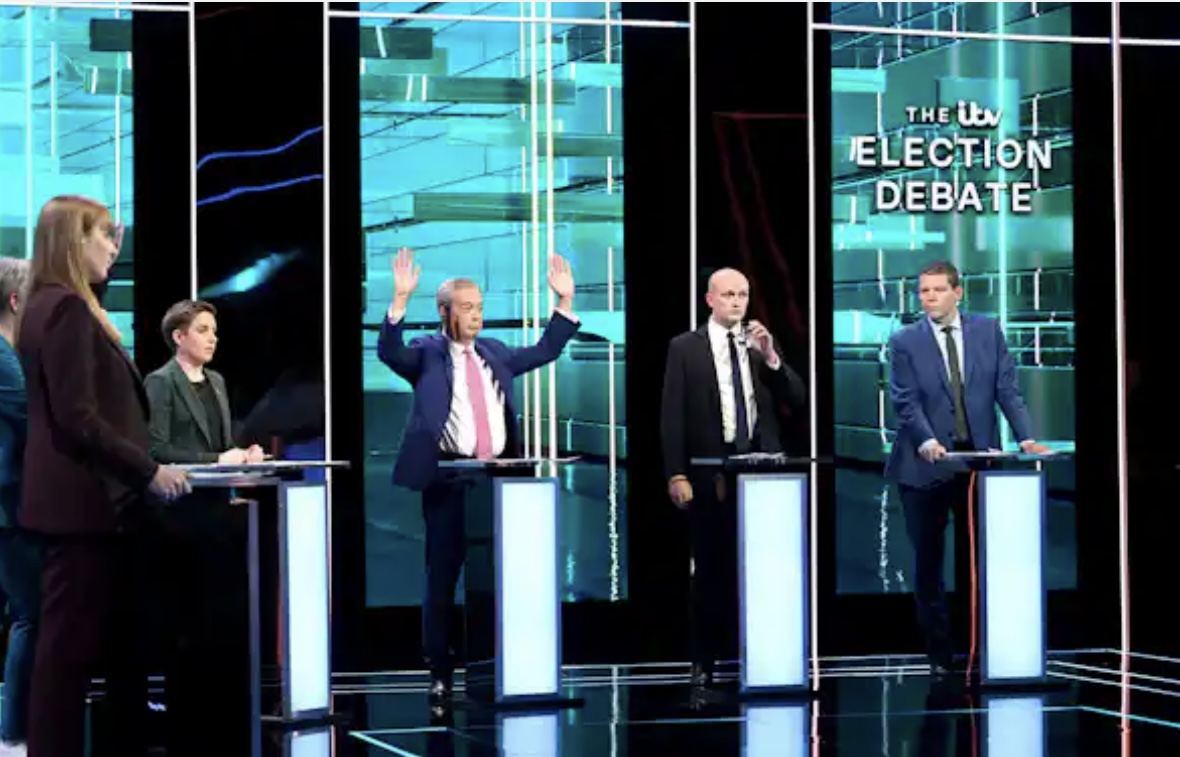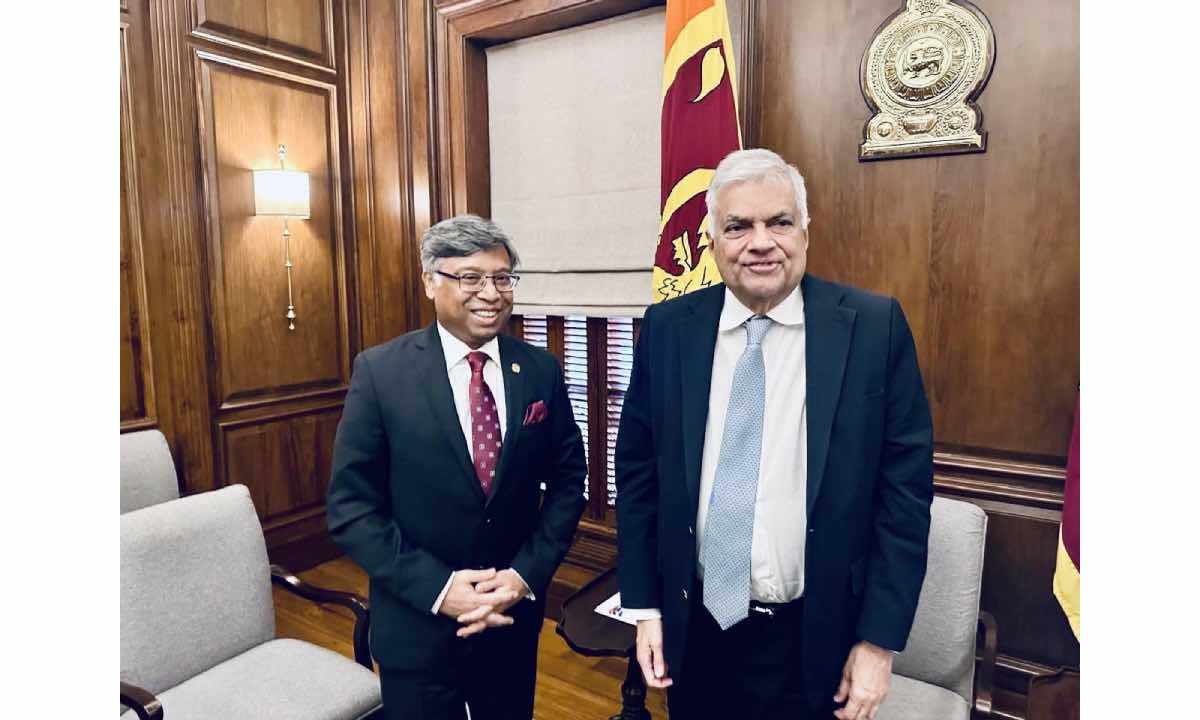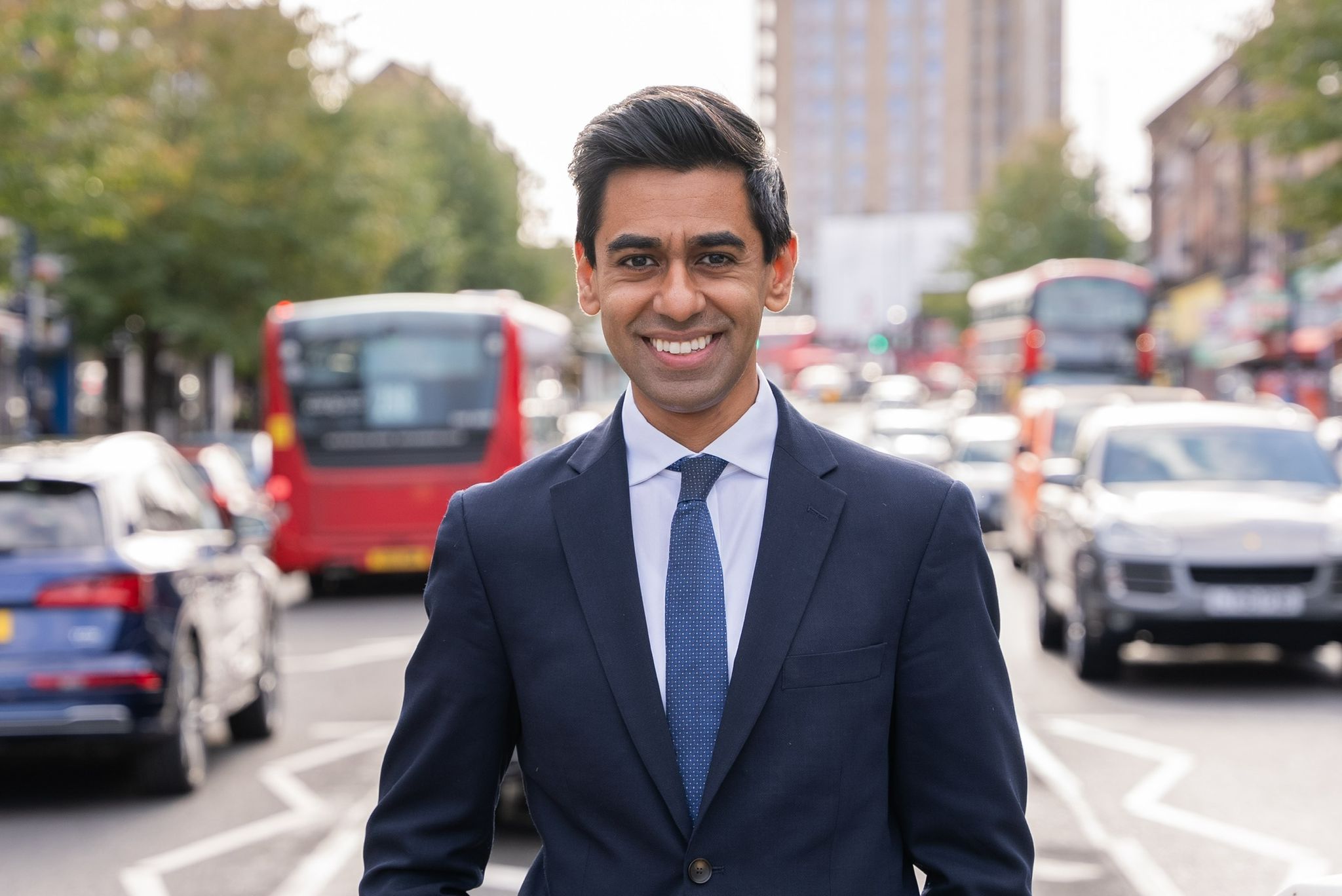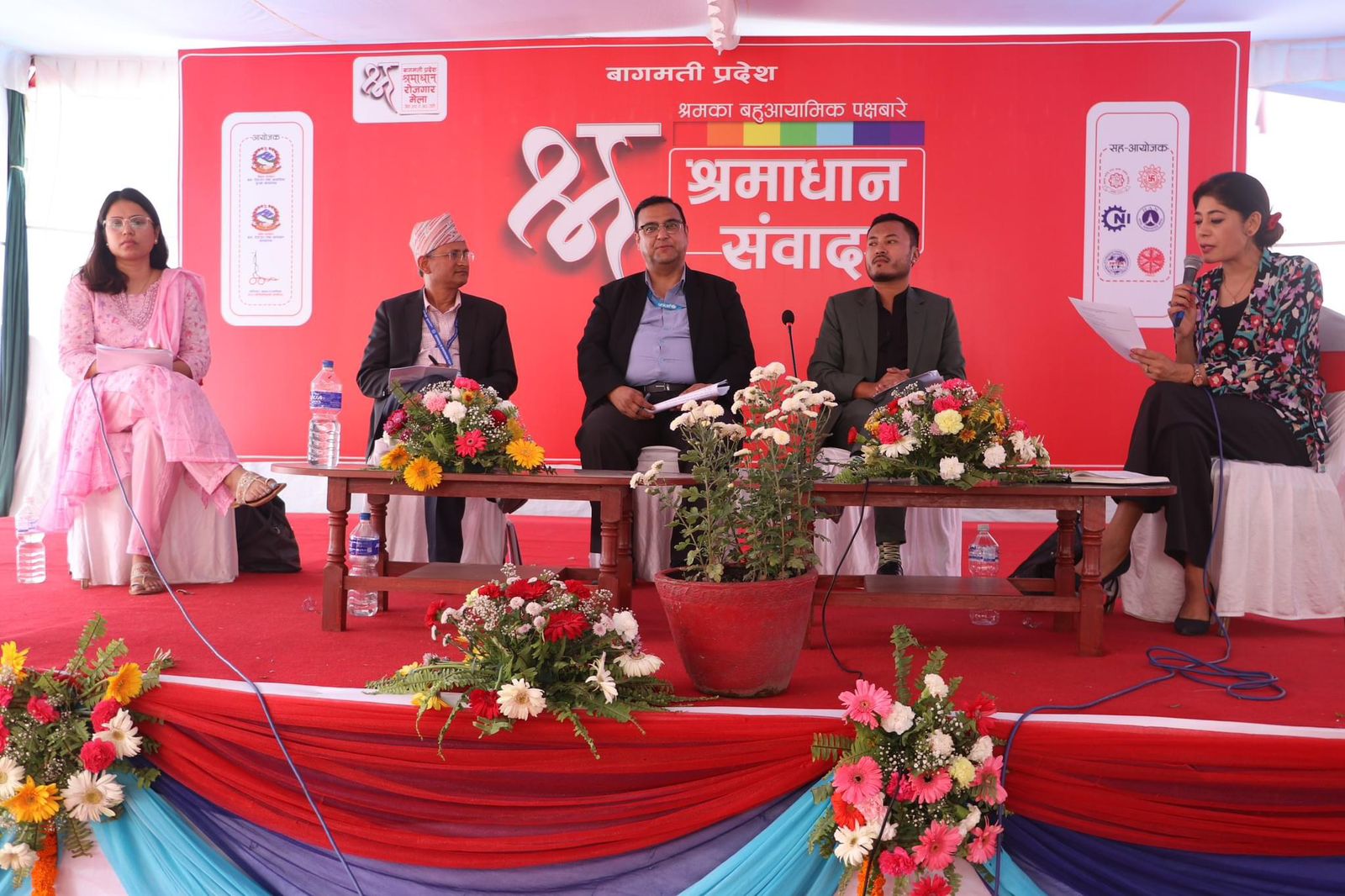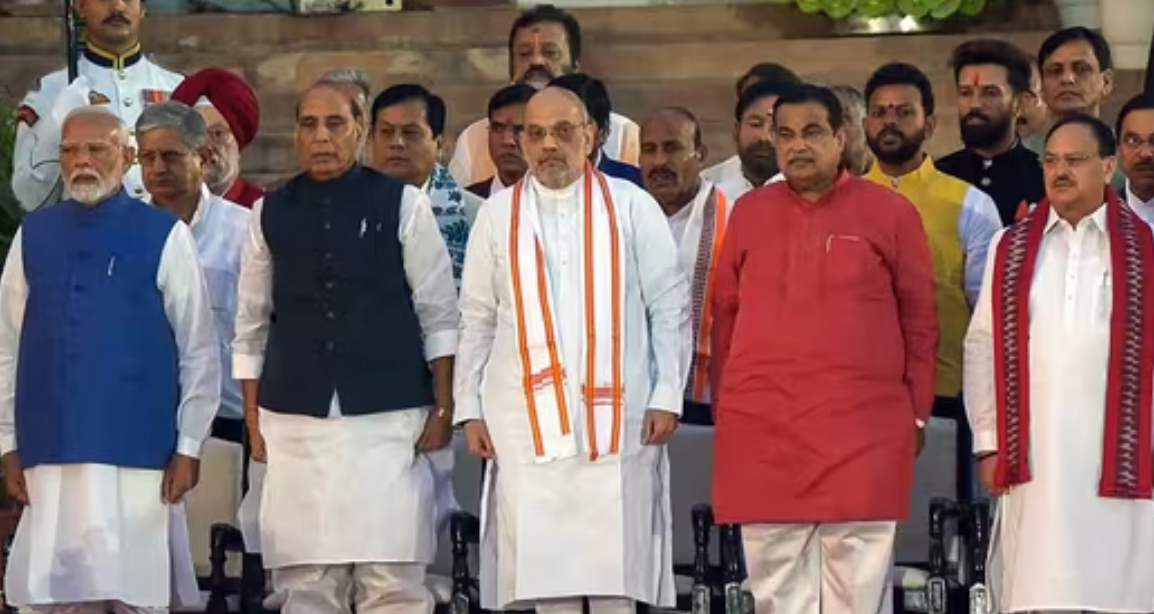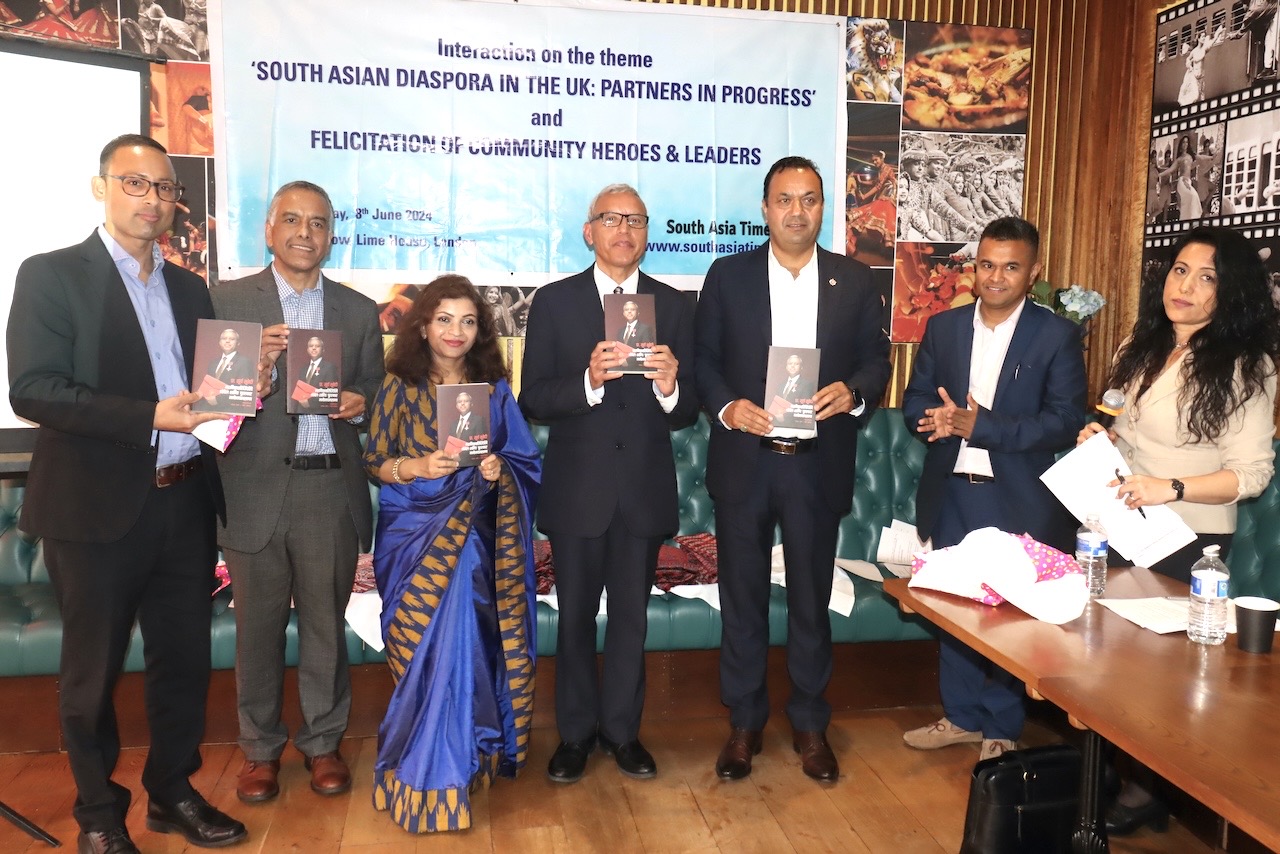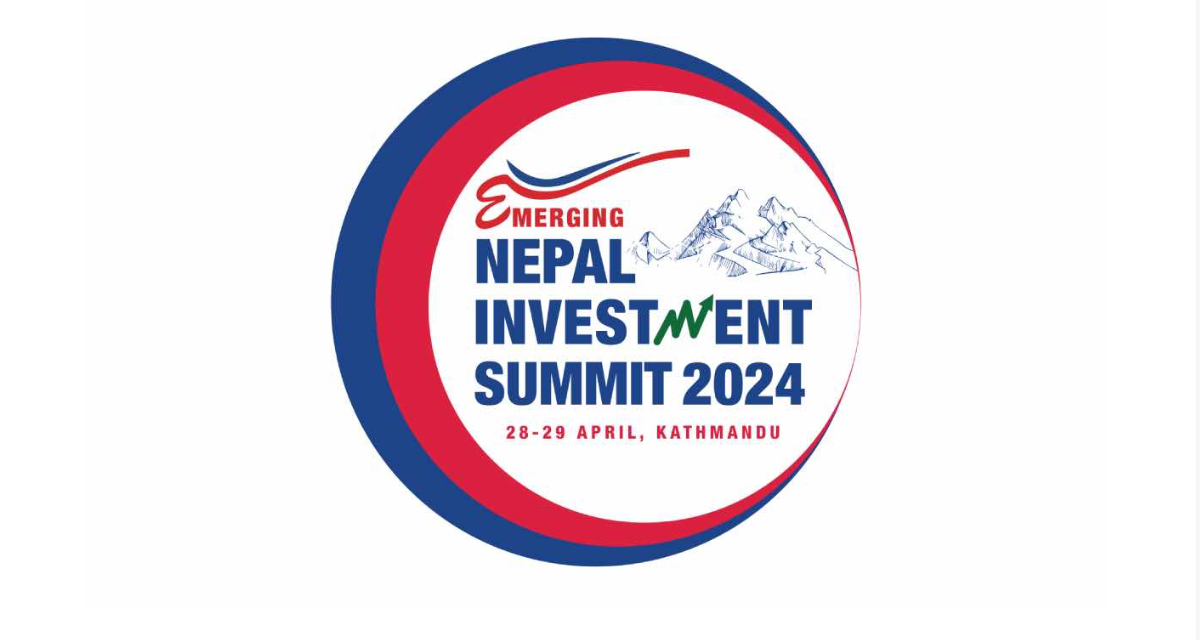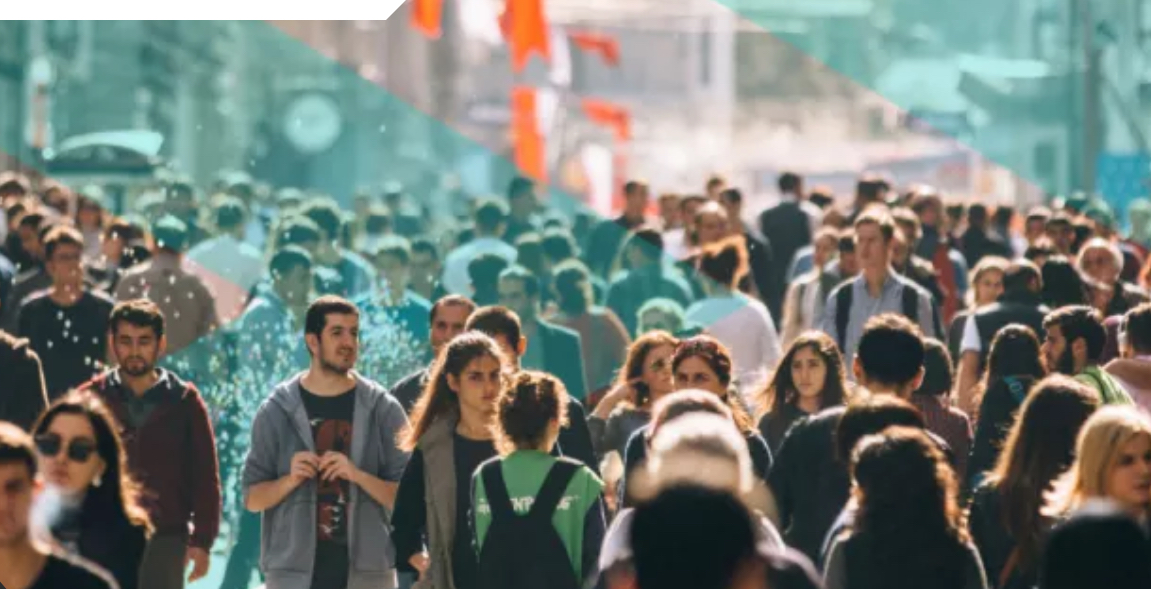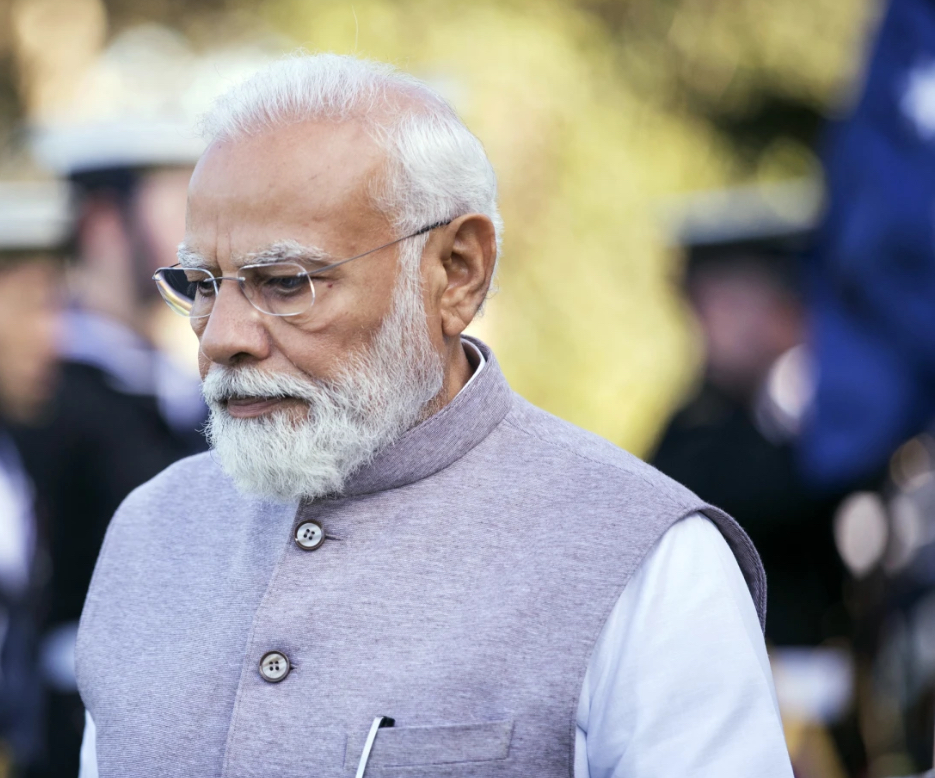Peter Sivey, University of York
In the UK, the NHS is always one of the most discussed issues in an election campaign and rates high in polls of voters’ priorities. Health and the NHS have also dominated the political debate for the last parliament, with the COVID pandemic and subsequent crises in primary care, elective and emergency hospital care dominating the airwaves. What are the parties offering in their manifestos in this election and how do they stack up?
The Conservatives plans are largely a continuation of current policies, including a continued commitment to the new hospitals building programme and the long-term workforce plan.
The long-term workforce plan was widely welcomed when it was first announced; however, the associated financial commitments are not addressed in the Conservatives manifesto. The focus on delivering existing policies has benefits, as the NHS has a history of politically driven reorganisation and large policy changes.
However, the Conservatives are also promising nothing on real-term spending increases, implying a slower rate of growth of funding in the coming years.
Historically, the government usually gives in to short-term pressure from NHS organisations, and funds are usually “topped up” with extra increases year to year. In 2019, the NHS long-term plan gave more financial certainty with large spending increases for the following five years. Unfortunately, nothing like this is promised by the main parties in this election.
The Conservatives have one outright unhelpful proposal: cutting NHS management to save money. Evidence shows that, if anything, the NHS has too little management compared with other comparable countries.
Cutting management to direct funding to the front line is often regarded as a “myth” of NHS policy. With fewer managers, care is less well organised, and doctors and nurses have to do more management activities themselves, reducing their time for patient-facing activity.
Labour’s landmark proposal is to fund an increase of 40,000 appointments per week, by paying staff to work overtime at evenings and weekends. This is coupled with a re-commitment to the 18-week waiting time target.
The policy seems to be focused mainly on outpatient appointments, and this is politically smart. Some of the longest waits are for outpatient appointments. And certainly, in the short term, it is much less costly to increase outpatient appointments than rates of major surgery.
An increase of 40,000 per week is roughly 2 million per year. This sounds like a lot, but there were 145 million outpatient appointments in the English NHS last year so Labour are proposing an increase of less than 2%. Hardly gamechanging. In fact, the increase in appointments from 2021-22 to 2022-23 was equal to almost exactly this amount.
Labour’s other announcements are at least quite well matched to the needs of the NHS. They are promising a large increase in scanners and diagnostic equipment. This is an area where the UK lags way behind comparable countries, and hence is a well-targeted form of capital investment.
They are also promising an initial focus on recruiting more mental health staff. Mental health is one of the areas where demand for services is growing quickly.
The Liberal Democrats have some innovative proposals, including reforming the pay review system for the NHS to make it more independent from the government. They are also promising a large increase in the general practitioner workforce. And, similar to Labour, they are promising a fix to NHS emergency dental care.
Their costings document is also quite comprehensive and proposes some tax changes to fund the NHS and care proposals. However, their proposals are only slightly more ambitious than Labour or the Conservatives.
Overall, the main parties’ manifestos lack ambition on the NHS. While it may be welcome to avoid wholesale reforms (as seen in 2000 and 2012), the manifestos do not propose policies to tackle the NHS’s current challenges in primary, secondary and emergency care.
Compared with 2019 manifestos
One way to assess the 2024 manifestos is in comparison to the last election in 2019.
In 2019, the Conservatives unveiled the “40 new hospitals” policy, 6,000 new GPs and 50 million more GP appointments per year.
Labour had radical proposals to abolish the 2012 reforms and reduce private sector involvement in the NHS, as well as also expanding the GP workforce through increased training places. Both parties also had explicit promises on real-terms increases in funding, with a £26 billion increase promised by Labour and £20.5 billion by the Conservatives.
Of course, these policies – especially those of the election-winning Conservatives – have been much criticised. While real-term funding has increased in line with promises, the government has struggled to deliver on GP numbers and the new hospitals programme.
However, the nature of the debate and promises made in the 2019 election at least focused attention on these important issues. Without the promises, progress on improving the capital stock and expanding primary care may have been even slower.
The 2024 manifestos focus on a limited set of issues, including waiting lists and mental health. Other crucial elements of the NHS, such as the struggling emergency care system, are absent from the parties’ promises.
While the worst period for ambulance handover delays is hopefully behind us in 2022 and 2023, the emergency care system is still struggling to cope, and “corridor care” is becoming the norm.
There are limitations in how the political debate can interact with NHS policy. It is hard to communicate the driving factors behind NHS challenges, such as how technological improvements spur increases in demand, or how the medical workforce is affected by emigration as well as immigration.
Political manifestos gloss over these issues to make simple promises that the public can understand, like 6,000 more GPs, 40,000 more appointments or 40 new hospitals. But the lack of ambition in the 2024 manifestos is particularly concerning. It will be hard to hold the winning party to account for NHS performance when so little is being promised.
From : The Conversation




